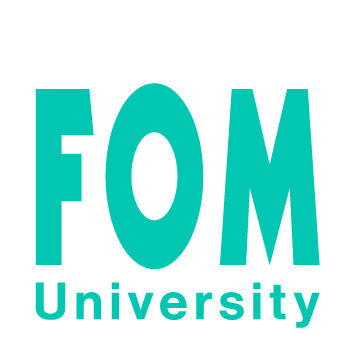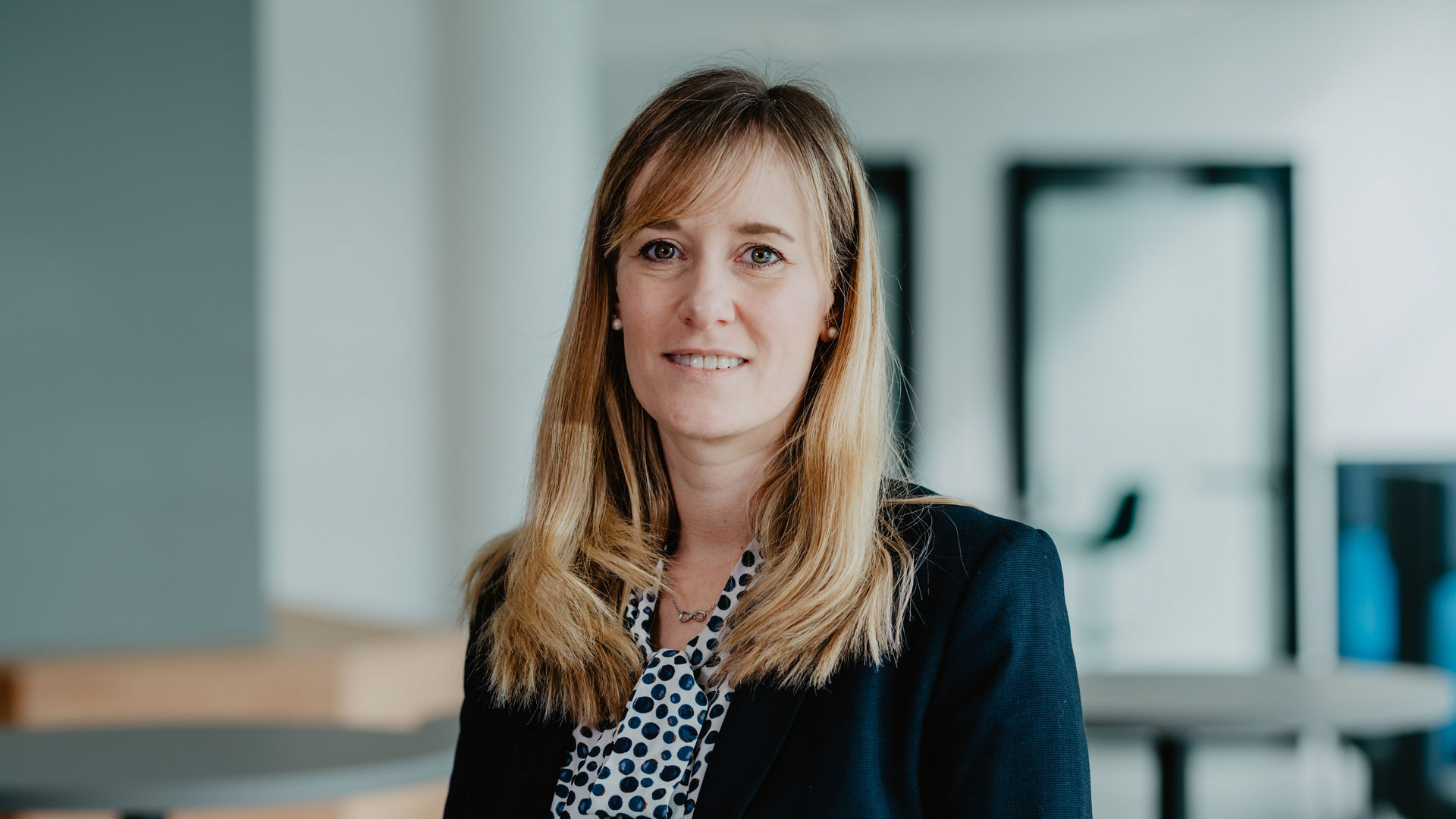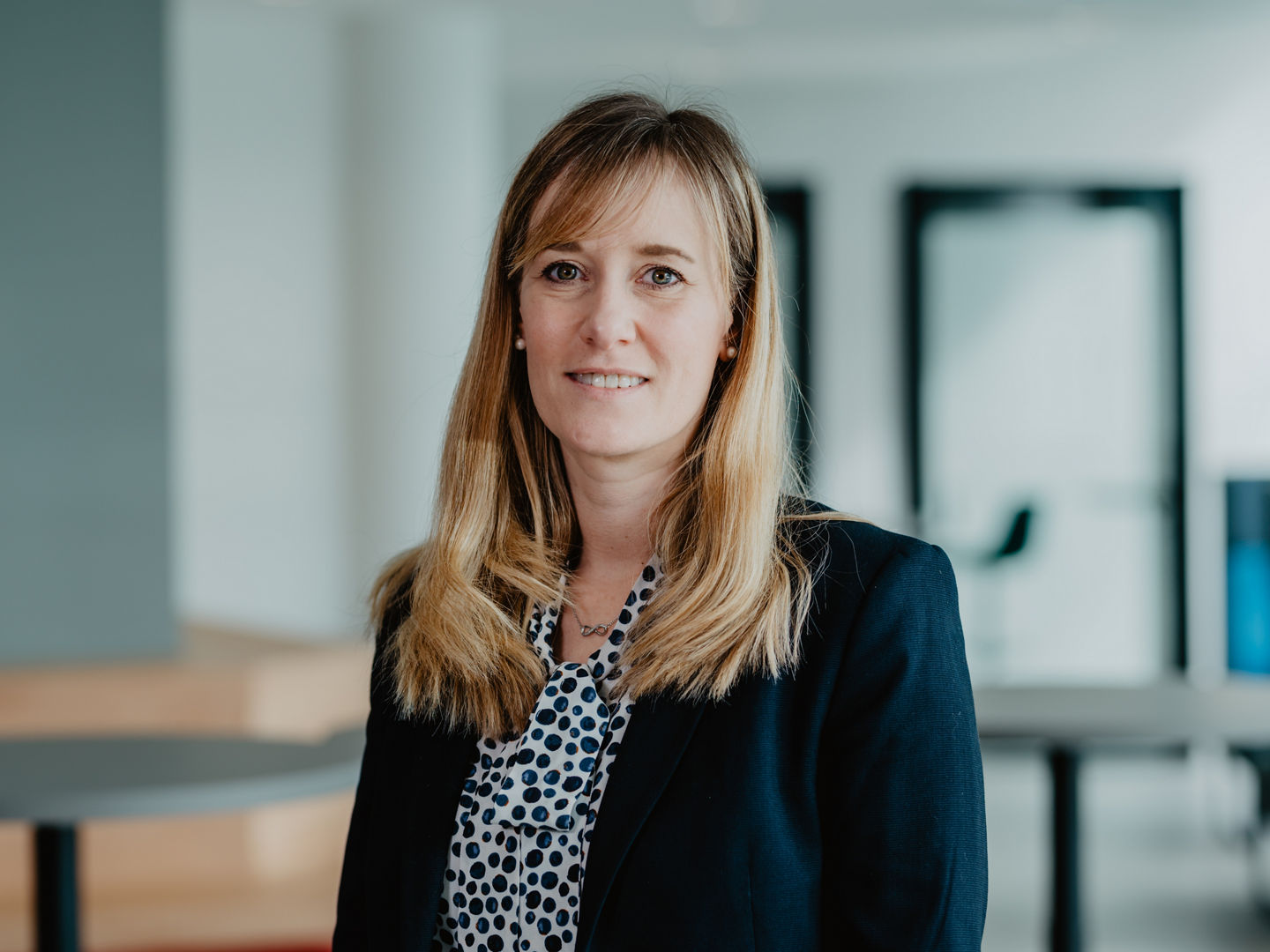Explanation
University entrance qualification
Verification of University Entrance Qualification in Germany (HZB): The information portal on foreign educational qualifications (anabin) can be used to check whether your school-leaving certificate can be recognised in Germany. At anabin, the requirements for HZB in Germany are listed for each country.
The DAAD entrance qualification database can also help you with this.
Acquiring admission through successful completion of the FOM entrance examination: If your school-leaving certificate does not qualify for a direct university entrance in Germany but you hold a valid university entrance qualification in your home country, you can take a FOM Entrance Examination in your chosen study programme – either at FOM or at one of its partner institutions. When you pass the entrance examination, you will obtain the entrance qualification for studying at FOM.
TestAS: As an alternative to the FOM Entrance Examination, you can take the TestAS test to qualify for the chosen study programme. Prerequisite: at least 95 points (Standard value) or 75 TestAS Scores in both the core test and the subject module test.




